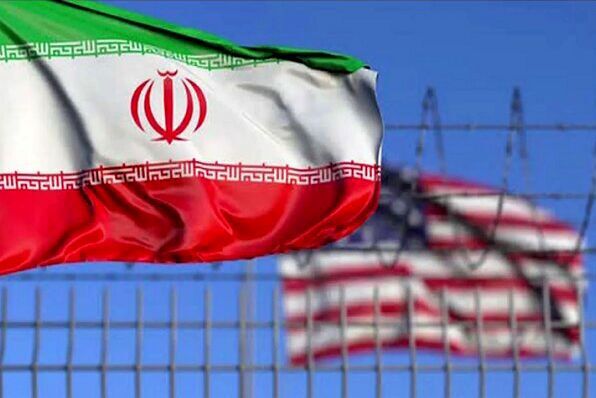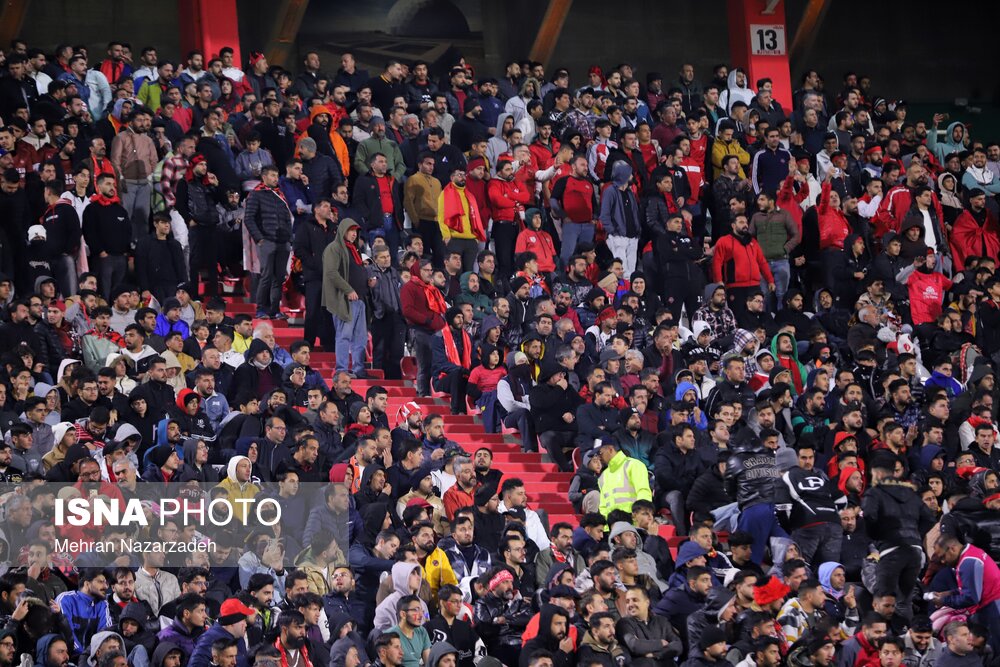Syria selects first post-Assad parliament amid criticism of process
Syria selects first post-Assad parliament amid criticism of process

Syria was set to select members of parliament in the first elections in the country following the overthrow of Bashar al-Assad last year, despite criticism of the process as undemocratic.
A third of the members of the new parliament will be appointed by interim leader Ahmed al-Sharaa, while the rest will be chosen by a series of committees also hand-picked by the government.
According to the organising committee, the process involves more than 1,500 candidates, while the parliament will have a renewable 30-month mandate.
Sharaa is to appoint 70 representatives out of the 210-member body, while the other two-thirds will be selected by local committees appointed by the Sharaa-appointed electoral commission.
The Druze-majority Sweida province and the country's Kurdish-held northeast are not included as they are outside Damascus's control, and their 32 seats will remain empty.
Nawar Najma, spokesperson for the Higher Committee for the People's Assembly Election, told Rudaw that each electoral committee would be composed of roughly 50 people who would elect a member of the parliament, and that a "basic condition must be that they absolutely do not support, neither in word nor deed, the defunct [Assad] regime".
According to a temporary constitution announced in March, the incoming parliament will exercise legislative functions until a permanent constitution is adopted and new elections can be held.
Haid Haid, a senior research fellow at the Arab Reform Initiative and the Chatham House think tank told the Associated Press that the whole process suffered from a lack of transparency.
"Especially when it comes to choosing the subcommittees and the electoral colleges, there is no oversight, and the whole process is sort of potentially vulnerable to manipulation," he said.
He noted that electoral authorities "removed names from the initial lists that were published, and they did not provide detailed information as to why those names were removed".
Post-Assad turmoil
The new interim authorities say popular elections are unworkable in the wake of Syria's 13-year war, which saw hundreds of thousands killed and millions displaced both internally and externally.
But the selection process has dismayed many Syrian pro-democracy campaigners who had hoped for change after the ousting of Assad in December.
Official figures show women account for just 14 percent of those involved in the electoral committees, below the required 20 percent originally announced.

Another major concern is the exclusion of Sweida which has been wracked with sectarian violence in recent months, as well as attacks from Israel.
According to monitoring groups, Syrian government forces and their allies summarily executed dozens of Druze in the southern governorate of Sweida during July's violence.
Videos and testimony collected by Amnesty International revealed that at least 46 were "deliberately and unlawfully killed" by government and affiliated forces in military and security uniforms, with some bearing official insignia.
More than 2,000 people are thought to have been killed overall in the fighting.
Speaking to Middle East Eye in August, Razan Rashidi, executive director of The Syria Campaign, said she would be monitoring the "transparency and legitimacy" of the elections as well as "how much it will be a real representation of Syria’s diverse communities, including female representation, especially after the appointment of an almost all-male government to rule the country".
"Since the start of the revolution in 2011, the people of Syria have been dreaming of having fair and democratic elections, something that many of us, even older generations, didn't get to practise at all under the rule of the authoritarian regime," she said.
"Our struggle to make that dream come true continues."











